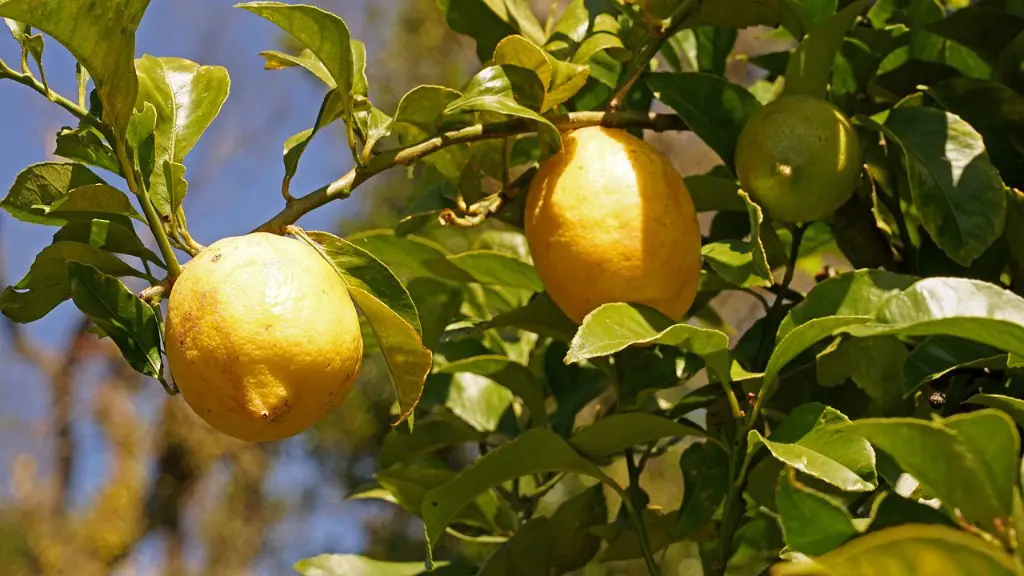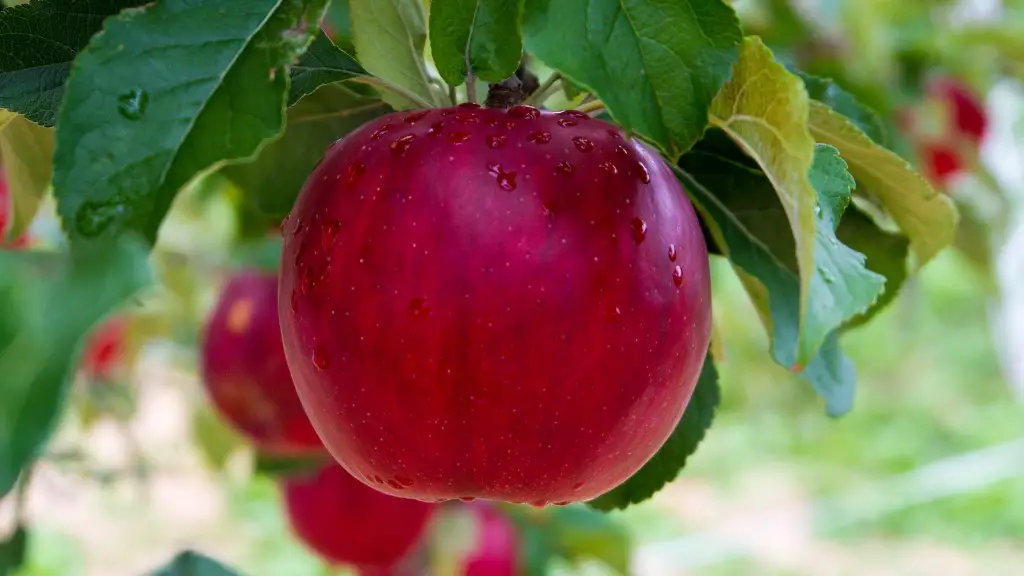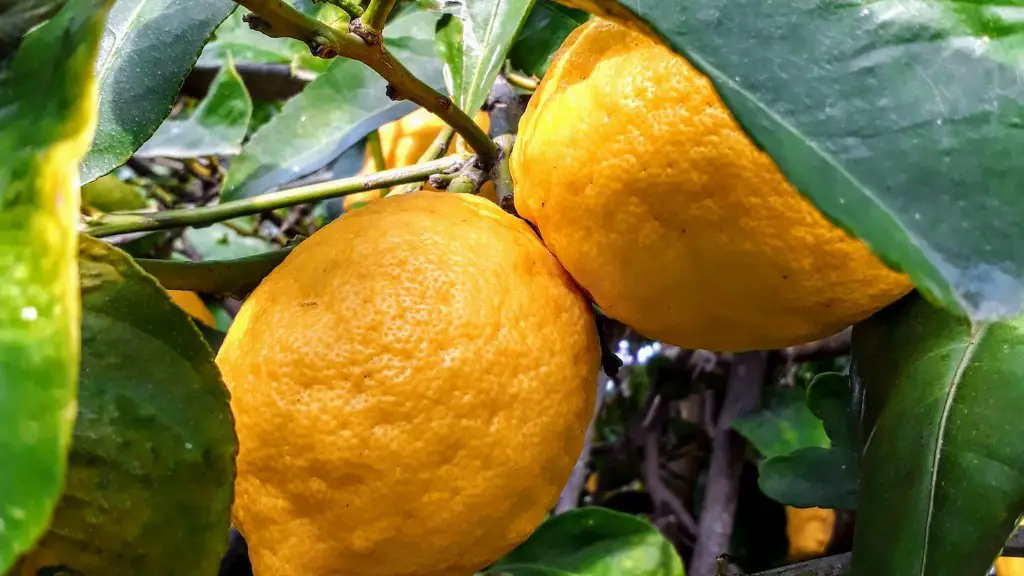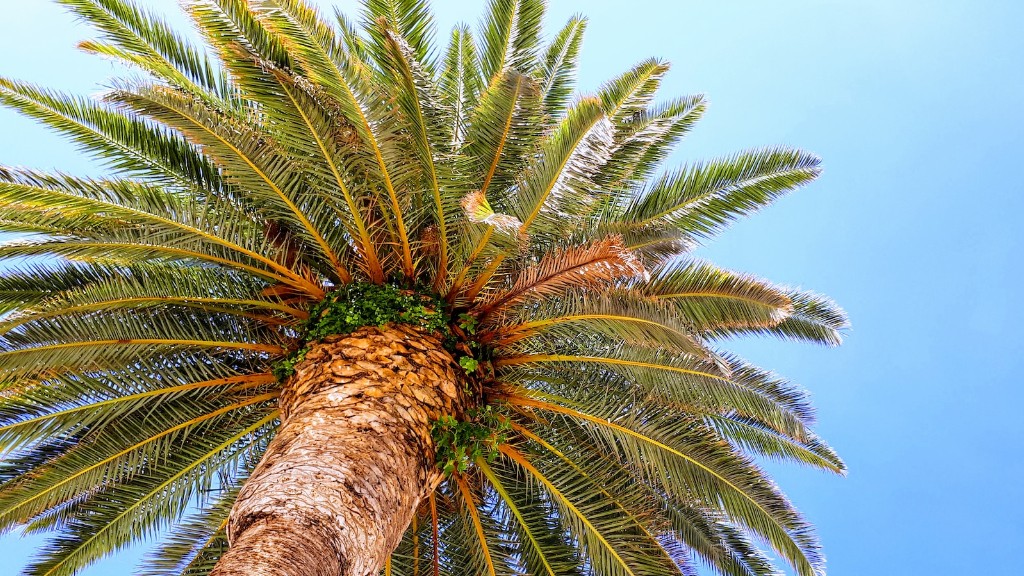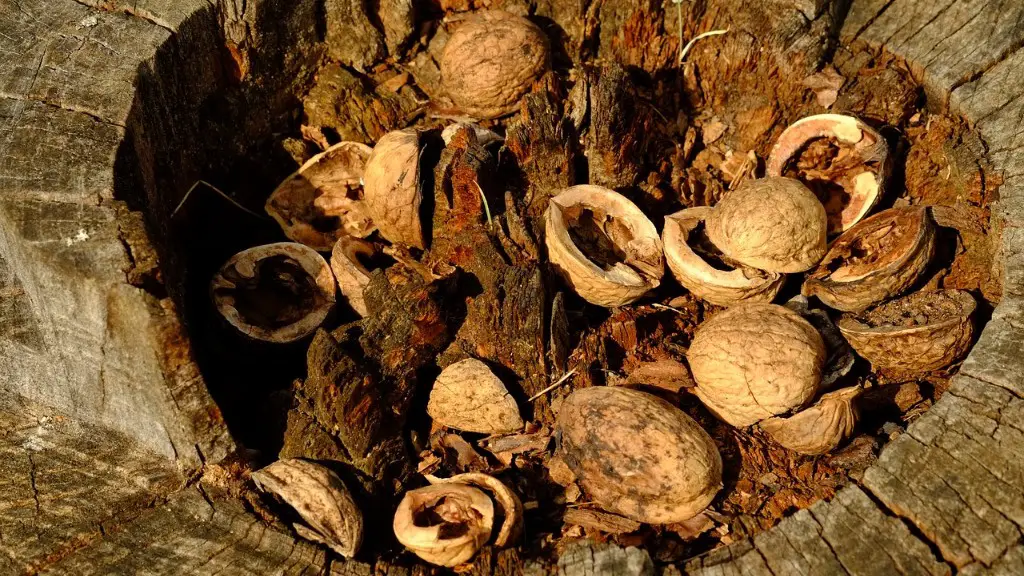Meyer lemons are popular citrus trees that provide both delicious and fragrant fruits. Unfortunately, these trees may be susceptible to pests or diseases which can cause their leaves to become discolored or even disappear. It can be difficult to determine exactly what is eating away at your Meyer lemon tree leaves, but there are some steps you can take to try and identify the culprit and take action to correct the situation.
One of the most common culprits for Meyer lemon tree leaves being eaten away is aphids. Aphids feed on the sap of plants and can cause leaves to become discolored, curled and distorted. To check for aphids, inspect the underside of leaves as they often hide there. Small, soft-bodied insects may also be discolored from the sap they excrete or from the fecal matter they drop.
Another possible issue is scale insects. These sap-sucking pests can cause yellow spots on leaves or even the premature loss of leaves. The scale insects themselves look like tiny bumps on the plant’s leaves, and they may be difficult to spot until there is an infestation. If you have spotted these tiny bumps on the leaves of your Meyer lemon tree, it is important to act quickly to prevent further damage.
Meyer lemons can also be susceptible to mites. These pests feed on the undersides of leaves and can cause discoloration, distortion, and premature leaf drop. Mites can be difficult to spot without a powerful magnifying glass, but their presence can often be determined by a web-like covering they spin on the underside of leaves.
Yet another pest that may be causing issues with your Meyer lemon tree leaves is stem borers. These pests feed on the stems and leaves of citrus trees as larvae, and can bore through the woody parts of citrus trees for protection. Stem borers can be identified by small holes in the branches or twigs of the Meyer lemon tree.
Finally, the presence of disease may also be the cause of damage to your Meyer lemon tree leaves. Common citrus diseases include citrus canker, citrus scab and citrus blotch. These diseases can cause spots or lesions on the fruit, leaves or branches of the Meyer lemon tree, and must be treated quickly to prevent further damage.
Insect Treatment
Once you have likely identified the cause of the damage to your Meyer lemon tree leaves, it is time to take corrective action. If a pest such as aphids, scale, mites or stem borers is to blame, it is best to start with a thorough insecticidal spray. Start with a light spray and use a heavier spray if needed.
In addition to spraying the Meyer lemon tree, it is also important to check surrounding areas for any other possible infestations or nests of pests. If any are found, apply an insecticidal spray to those areas as well.
Finally, monitor the Meyer lemon tree for any additional signs of infestation or disease. If signs are detected, take corrective action as soon as possible to prevent further damage.
Insecticidal Fungicide
In some cases, it may be necessary to use an insecticidal fungicide on your Meyer lemon tree. This kind of fungicide is specifically designed to target insect pests and diseases as well as fungal issues. Before using this type of product, it is important to read the instructions carefully and to wear protective gear while spraying. As with any kind of chemical, be sure to store it away from children and pets.
In addition to an insecticidal fungicide, there are also several other measures you can take to help protect your Meyer lemon tree from pests, disease and fungus. For example, you can regularly inspect the leaves, branches and fruits to look for signs of pests or disease. You should also remove any dead leaves, branches or fruits and dispose of them away from the tree.
Finally, it is important to provide your Meyer lemon tree with proper care. This includes making sure that the tree receives enough water, light and nutrients. Proper care will help to ensure that your Meyer lemon tree stays healthy and strong, and less susceptible to pest and disease issues.
Preventive Maintenance
Proper preventive maintenance is the best way to protect your Meyer lemon tree from pests and disease. One of the most effective ways to do this is to regularly prune the tree. This helps to keep the tree healthy and ensure that it gets enough light and air circulation. Pruning can also help to prevent the spread of any pests and diseases, as it will help to remove any infected branches or leaves.
It is also important to mulch your Meyer lemon tree regularly. Mulching not only helps to retain moisture and prevent weed growth, but it can also help to discourage pests and diseases from getting near the tree. Be sure to choose an organic mulch to keep the soil healthy and free of chemicals.
Finally, it is a good idea to provide your Meyer lemon tree with fertilizer throughout the year. This will help to ensure that the tree has all the necessary nutrients to remain healthy and strong, and less susceptible to pests and diseases.
Organic Measures
In addition to the measures outlined above, there are also several organic methods of preventing pests and diseases on your Meyer lemon tree. For example, planting several plants that attract beneficial insects, such as ladybugs and lacewings, can help to control pests naturally.
Companion planting is also an effective way of protecting your Meyer lemon tree. Planting certain herbs and flowers near the tree can help to repel pests and add nutrients to the soil. Common companion plants include garlic, marigolds, and tansy.
Another organic approach to pest prevention is to use the homemade “tea” method. This involves taking one or two handfuls of leaves from the Meyer lemon tree (or any other citrus tree) and boiling them in two quarts of water. Once the leaves are boiled, the resulting liquid can be used to spray onto the tree’s leaves and help to repel any pests or diseases.
Finally, it is important to regularly check your Meyer lemon tree for any signs of disease or infestation. If you notice any unusual spots on the fruit or leaves, take action immediately to eliminate the problem and help ensure that your tree remains healthy.
